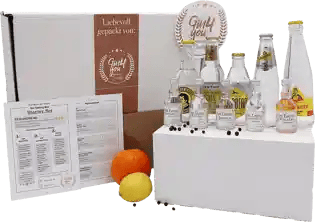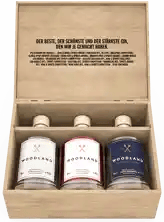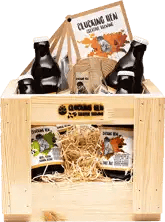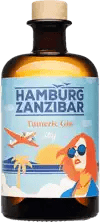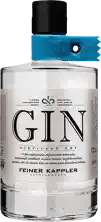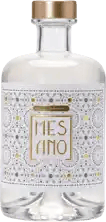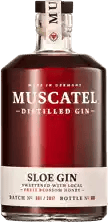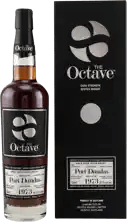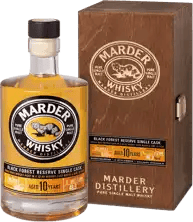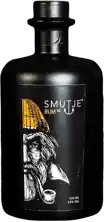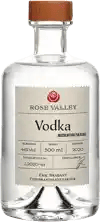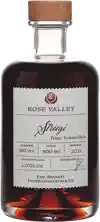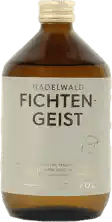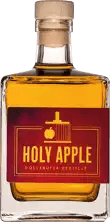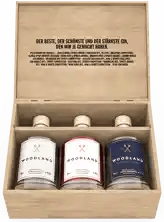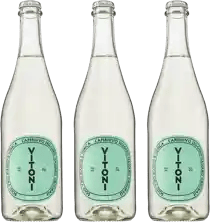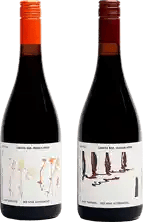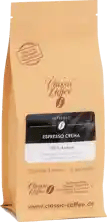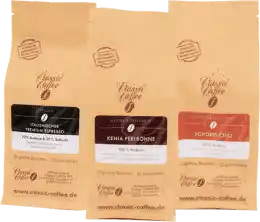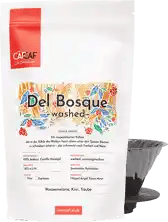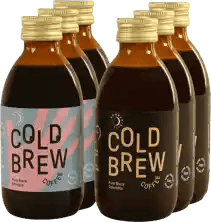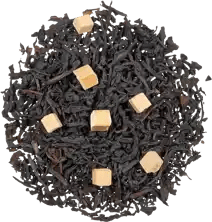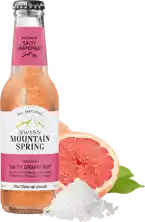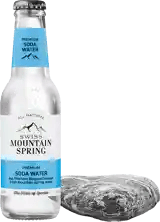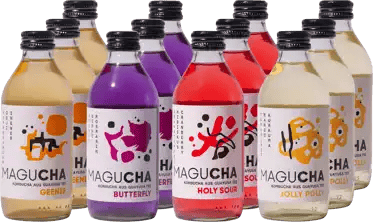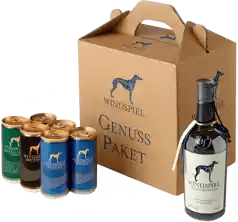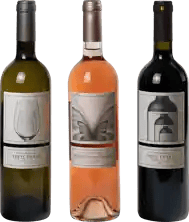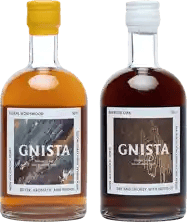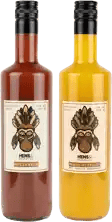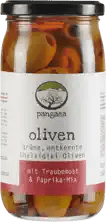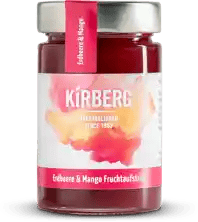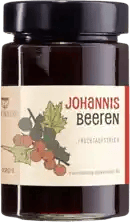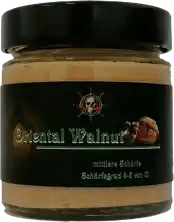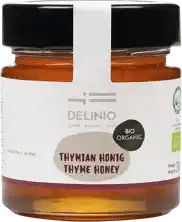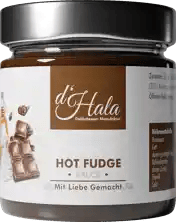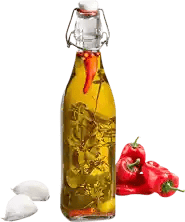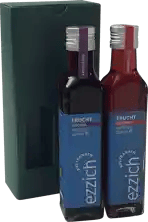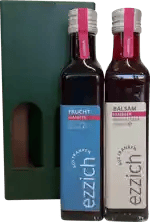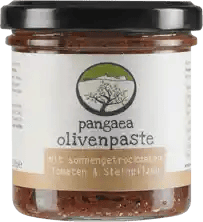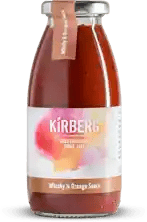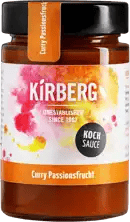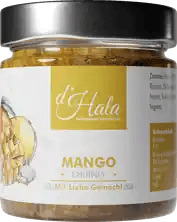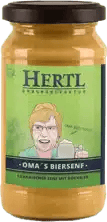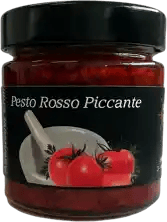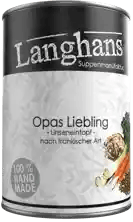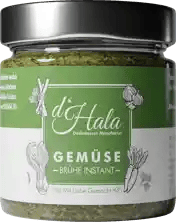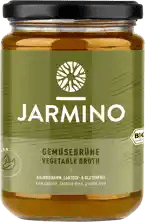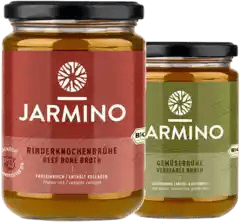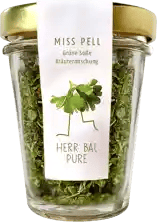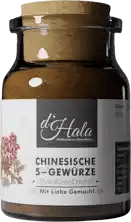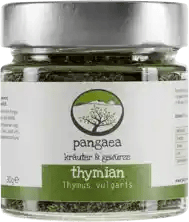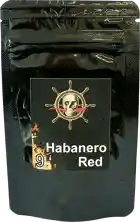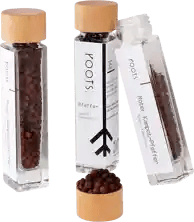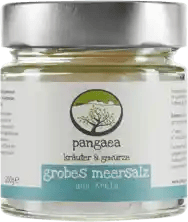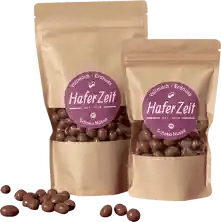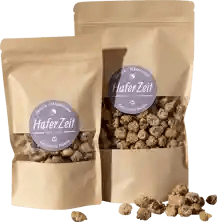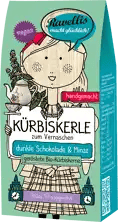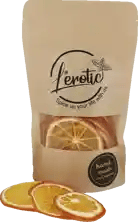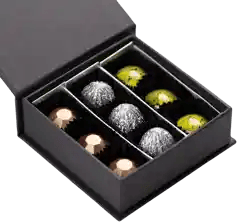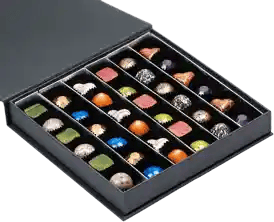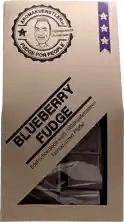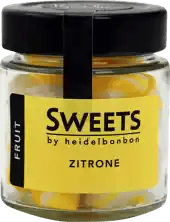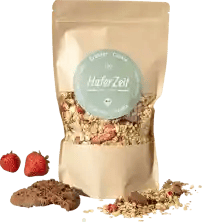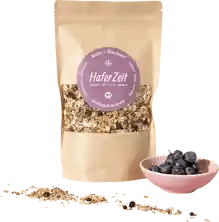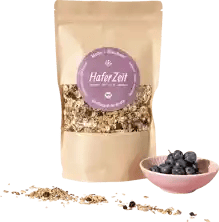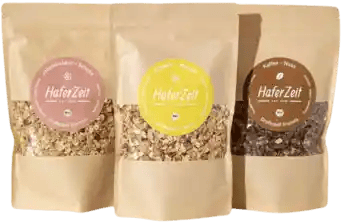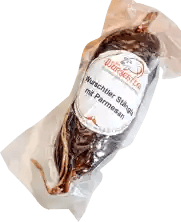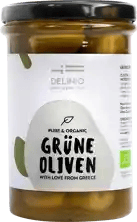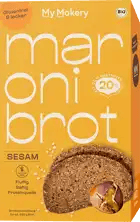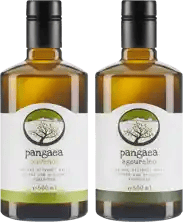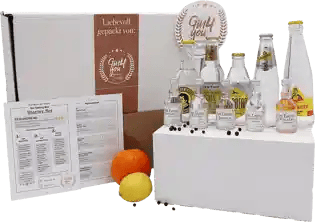Quality instead of quantity!
7,000 independent products
No mainstream
7,000 independent products
An interview with Thomas Tyrell: On the fine art of storable beers
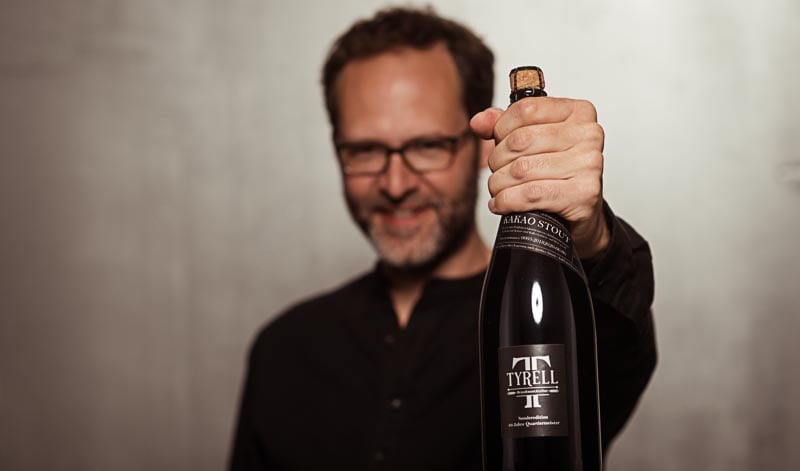
Craft beer in Germany is unthinkable without Thomas Tyrell. The Berliner by choice once dropped out of school to become a brewer and brewed his way around the world. As the right-hand man of beer Jesus Greg Koch and head brewer at the Stone Brewing plant in Berlin, he was heavily involved in making the brewing scene in Germany a little more colorful. Today, Thomas Tyrell specializes in storable beers in his BrauKunstAtelier. In this interview, he provides an insight into the roots of his brewing craft and explains why brewing shelf-stable beers is an art in itself.
You have a very colorful biography that has taken you to breweries all over the world. Looking back, which station was the most formative?
Ui. If I really think about it, it was probably my year in the USA in the mid-90s. It was the first time I'd been away from home for a long time and then it was a different country and culture. The younger you are, the more impressionable or receptive you are. I still often think back to it today.
At the same time, I had a bit of a culture shock professionally. Fresh out of my apprenticeship in Germany - convinced of the purity law and the best beers in the world - and into the cradle of the American craft beer movement in Portland, Oregon. Today, IPAs taste very different from the first experiments from that time. But sometimes you still have one in front of you and the taste always makes me jump back in time.
What do people associate you with more: Stone Brewing or Game of Thrones?
Or Bladerunner and the TYRELL Corporation! Some also remember the Formula 1 racing team and the racing car with 2 front axles.
But Game of Thrones is the most familiar to most people with my surname. I still haven't figured out why the scriptwriters chose my surname. Maybe I'll have to ask this question on social media to find out.
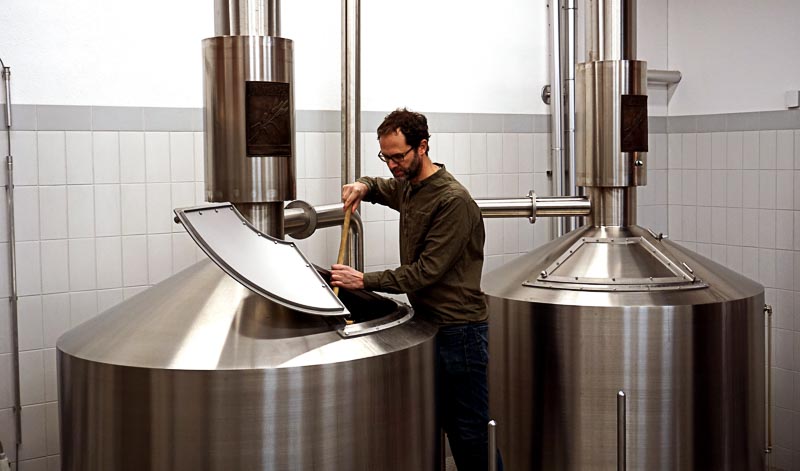
Thomas Tyrell is currently brewing in a cooperative brewery not far from Berlin.
What influence does your time at Stone still have on you?
A very big one. I was there for over four years. From the first stroke of the pen in the brewery planning to the handover of the Berlin site to the Scots. I was particularly fascinated by the Groundbreaking Collaboration beers and put a lot of heart and soul into the recipes and the collaboration with the partner breweries. Very experienced and impressive brewmasters were involved. From The Bruery to Dogfishhead, Victory, Baladin, Maui and a few others. It was always a pity that these beers were almost exclusively supplied to the brewery's patrons in the USA. As a result, they were hardly noticed in this country. But I suspect that 5 or 6 years ago hardly anyone would have been able to do anything with them. This has now changed somewhat and this is exactly where the TYRELL BrauKunstAtelier comes in.
You've been brewing your own beer menus for a good year now, but more as a passion project on the side. Can you imagine ever working as a full-time brewer again?
Of course I can imagine it. That's exactly why I started the BrauKunstAtelier. But that takes time. Something like this has to grow slowly and organically and I'm giving myself that time.
How has the response to your beer menus been so far?
I am very satisfied. I'm particularly pleased with the first regular customers who have come back for each of the menus so far. That shows me that I'm on the right track. Things will really round off when a few mature vintage beers are also available for tasting. That will be super exciting in the coming years. I'm already looking forward to it.
Both Berliner Weissbier varieties and barley wines have featured in every beer menu creation so far. What makes these varieties so special for you to brew?
If you dedicate yourself to beers that can mature, then there are two basic directions. Sour-fermented beers on the one hand and beers with a high proportion of roasted malt on the other.
In the case of Berliner Weisse, it is of course fermentation. All brewers who have tried their hand at making Berliner Weisse know the complexity of its production and the interplay between different bacterial and yeast cultures. Striking the perfect balance here is not so easy and you have to spend a bit more time on it - and unfortunately you have to learn the hard way. But once you get the hang of it and find the right balance of sweetness, acidity and aroma, you are proud and satisfied. I believe that KAISERWEISSEN has achieved this very well.
With barley wine, the fascination lies in the right choice of roasted malts and hops. But the subsequent maturation in wood also creates an exciting part for me as a brewer. It's really fun to stand in the cellar and decide: Now is the right time to brew and bottle the beer.
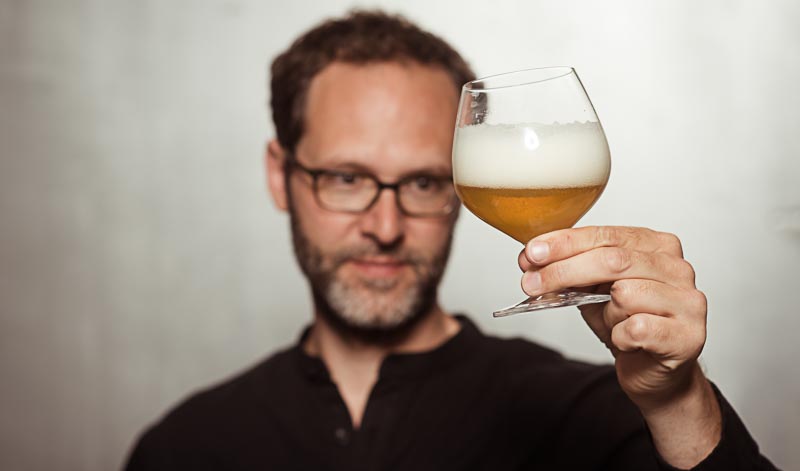
As head brewer at Stone Brewing Berlin, Thomas Tyrell brought the craft beer movement to Germany.
Why do you bottle the beers in champagne bottles?
I want to create a shared moment, and a large bottle is better suited to this, as you're more likely to share and not drink on your own. On the other hand, a natural cork closure offers the possibility of minimal air entry while the beer continues to mature and develop over the years. Put the two ideas together and you have this bottle. It also provides a small but important leap of thought for my beer styles, away from quick thirst quenchers and towards slow enjoyment.
Can we also expect IPAs or bock beers in future beer menus?
I believe that the beer category of barley wine is not so far removed from bock beer. This also fits in with the idea of a beer that can mature. This is more difficult with an IPA, as the hop aroma from dry hopping in particular does not age as well. With IPAs, attention is paid to the cold chain and freshness.
So bock beers: possible, IPAs: rather less so.
Which ingredient or process step is the most important for you when brewing?
It's clearly the transition from boiling the wort to adding the yeast for fermentation. Everything has to be right at this point.
Last but not least, we would like a few beer recommendations from the master brewer. Which is the ideal beer for
- rainy fall evenings in front of the fireplace - GERSTENWEIN
- Christmas - KAISERWEISSE and/or KOKOSPORTER
- summer barbecues - I recently brewed a test brew in a beer category that doesn't yet exist. For the first time, I had the feeling that I had finally brewed a beer that really goes well with a hearty piece of grilled meat. Let me surprise you!
- Feierabend - IPA
Matching products to the article
Recent articles
-
24 JulDrinks advent calendar: The best gin, whisky & beer calendars for the pre-Christmas period
-
24 Jul"The quality of Languedoc wines simply amazed me" - An interview with two noses for wine
-
10 JulLimoncello - All about the Italian lemon liqueur
-
10 JulAll about lemonade - a world-famous classic
-
18 JunMarder Edelbrände: Germany's best single malt whisky
-
06 JunEuro 2024: Beer, soccer and singing!
-
06 JunThe 11 best gins for the 2024 European Championship summer
-
29 MayThe art of fermentation: discover the amazing benefits for your health
-
28 May"It sounds crazy, but it tastes fantastic!" - Interview with a pizza chef
Brilliant!

Bitte bestätige deine Anmeldung noch eben - du hast eine Bestätigungsmail von uns. Klicke darin auf den Link. Danach bekommst du deinen Rabattgutschein.

